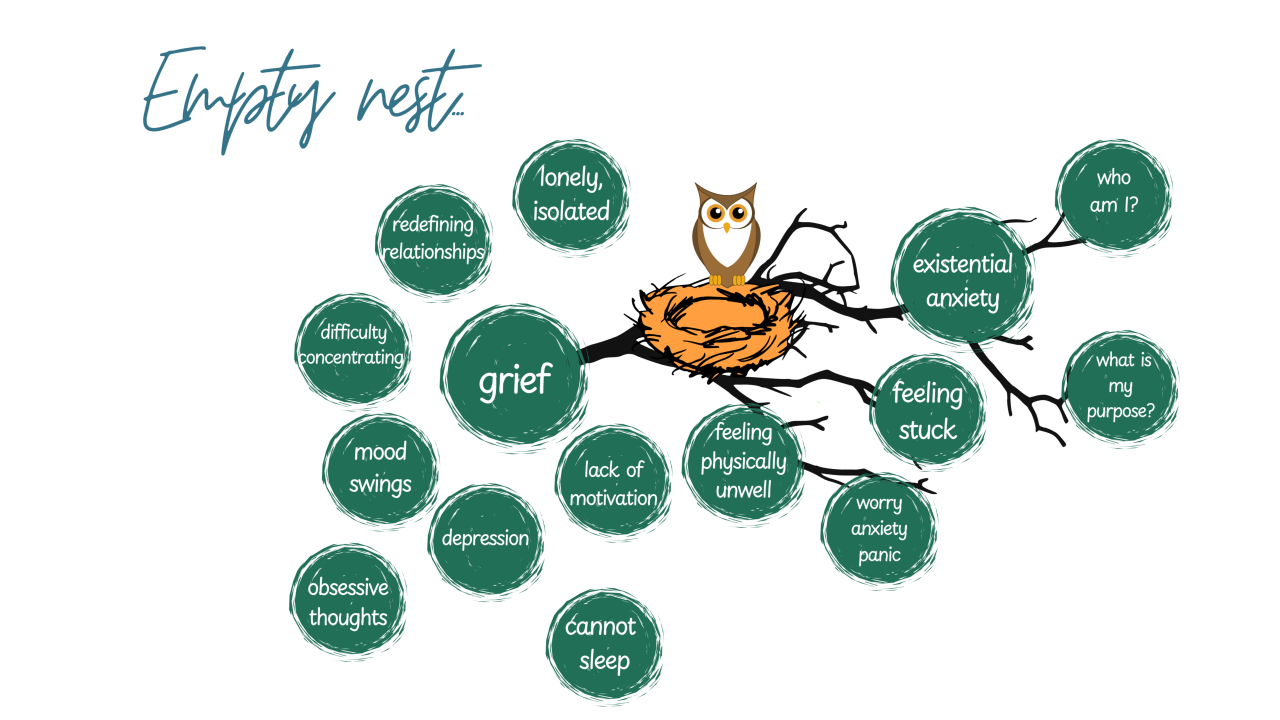I was chatting with a friend yesterday and we touched on to the topic of students going back to university. Later in the day, Freshers Week was mentioned. This morning, while driving my youngest to school, I thought of the new faces we see en route, some clearly having just changed schools – this led me to thinking about a couple of young people we know who are going to live in halls in the next few weeks. I found myself pondering my own experience of a child ‘leaving the nest’ to be independent and the myriad of feelings I felt or continue to feel. Letting go was one of the hardest things to do and one of my greatest sources of pride, because it gave me the opportunity to witness the adult my child was forming into, while we reconfigured our relationship on a new basis. I am grateful for every snippet of time we spend together these days, honoured when my support is sought and still feel immensely sad every time I say ‘goodbye’ and ‘until the next time’.
Every situation is different and I claim no expertise outside my lived experience. There can be sadness in going through the empty nest and sadness in never getting to experience it, or you may feel something completely different. I am aware that for some it can be a source of great freedom and joy as it can feel like their life is opening up full of possibilities, while other people will be more aware of the full range of emotion, jumping from despondent to joyful. Whatever your experience, welcome and honour your feelings without judgment.
Based on my experience, I put together a graphic and a few thoughts below, on managing the experience of empty nest, that may come in handy for some:


Since every experience is different, I would love to hear what else helped you and your relationship or what you did that I have not considered but you would recommend as a supportive tool for others.
The Eaves Counselling and Psychology Ltd is a select professional body of Counsellors, Psychotherapists and Psychologists, providing high quality psychological care Monday to Saturday between 9am and 9pm from our practices in Guildford, Godalming, Farnham, Haslemere and online.
Are you a business owner or would like more support from your job? The Eaves’ own Employee Assistance Programme (EAP) service for small to medium businesses is easy, affordable and gives staff instant access to our large team of in-house Counsellors and Psychologists at a time and date to suit them.
If you need immediate support please find our list of useful contacts